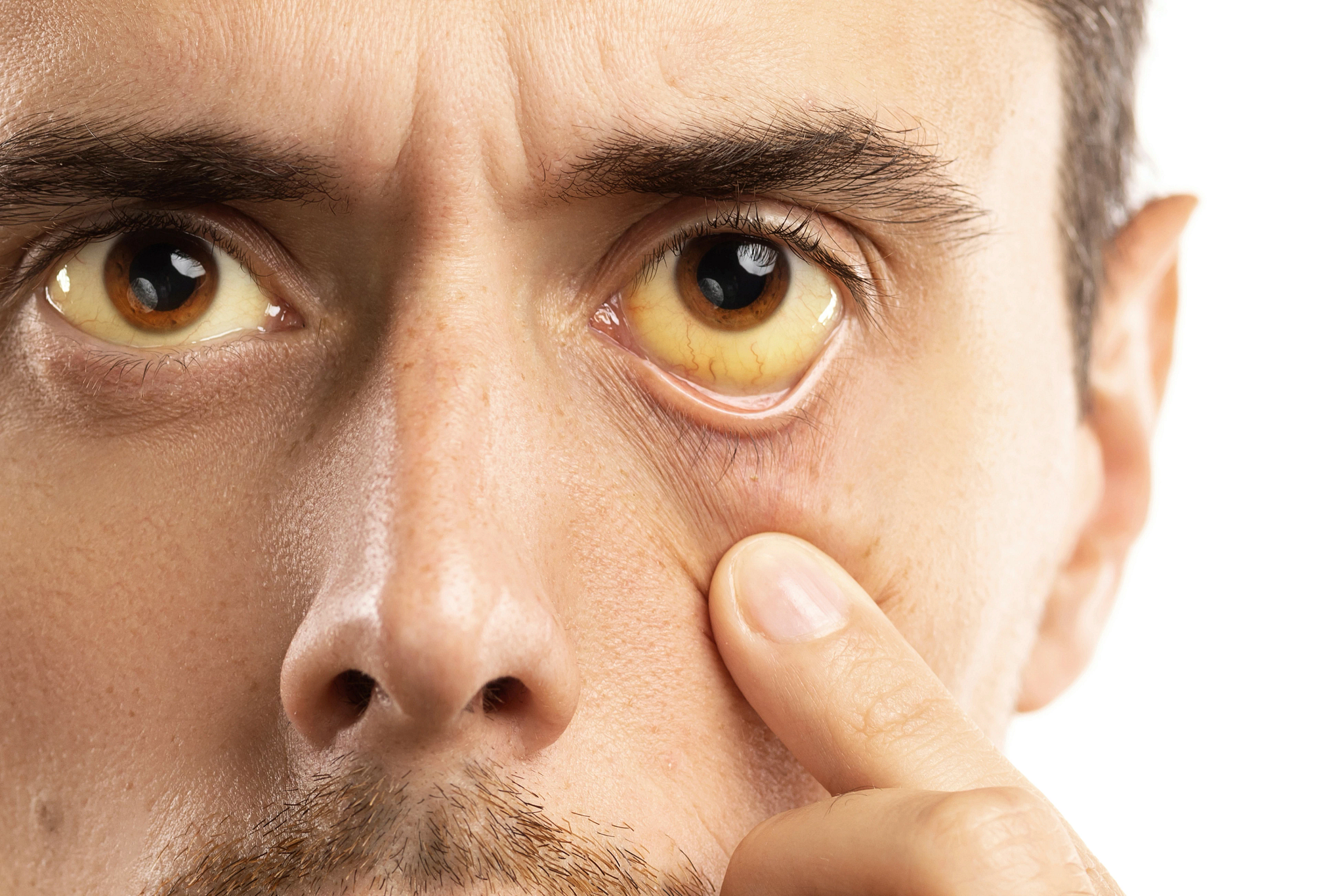
Hepatitis A: What You Need to Know
Hepatitis A is a highly contagious liver infection that can easily spread from person to person.
Hepatitis A is a highly contagious liver infection that can easily spread from person to person through the fecal-oral route (putting something in your mouth that has been contaminated with the feces of a person with hepatitis A). This happens most often by neglecting to wash your hands after using the bathroom or changing diapers, having sexual contact with infected partners, and eating or drinking foods contaminated by Hepatitis A. The illness can last for weeks to months and only acute cases are reportable in North Carolina. The most effective way to protect yourself and prevent the spread of hepatitis A is to get the Hepatitis A vaccine.
Outbreak
Hepatitis A cases have been rising in the U.S. since 2012. After an increase in Mecklenburg County, the Centers for Disease Control and Prevention (CDC) has determined that Mecklenburg County is experiencing an outbreak of Hepatitis A.
More information and county-by-county data is available from the N.C. Department of Health and Human Services.
Symptoms
Although many people infected with Hepatitis A do not experience illness, symptoms usually appear about four weeks after exposure and develop over several days. Symptoms usually last for two months, but can last longer. Symptoms include:
- Nausea
- Fever
- Jaundice (yellowing of the eyes and skin)
- Dark urine
- Grey feces
- Joint pain
- Tiredness
- Loss of appetite
- Stomach pain

Protect Yourself
- Get vaccinated against hepatitis A.
- Wash your hands for 20 seconds under warm, soapy water after using the restroom and before eating or preparing meals for yourself or others.
- Use your own towels, toothbrushes, and eating utensils.
- Do not have sex with someone who has Hepatitis A.
- Do not share food, drinks, drugs, or smokes with other people.
- If you think you may have Hepatitis A, see your medical provider or contact Public Health at 980-314-9400.
- If you have Hepatitis A, please cooperate with Public Health to protect yourself and prevent the spread to others.

Hepatitis A Vaccine
The best way to protect yourself and prevent the spread of Hepatitis A is through vaccination. The Hepatitis A vaccine is safe and effective and is given as two shots, six months apart. Both shots are needed for long-term protection.
Priority Populations That Should Get the Vaccine
- People who are homeless.
- People who use injection and non-injection illegal drugs.
- People who have close contact, care for, or live with someone who has Hepatitis A.
- Men who have sexual encounters with other with men.
The vaccine is available FREE to these priority populations. To schedule an appointment or for more information, call the Public Health hotline at 980-314-9400.

